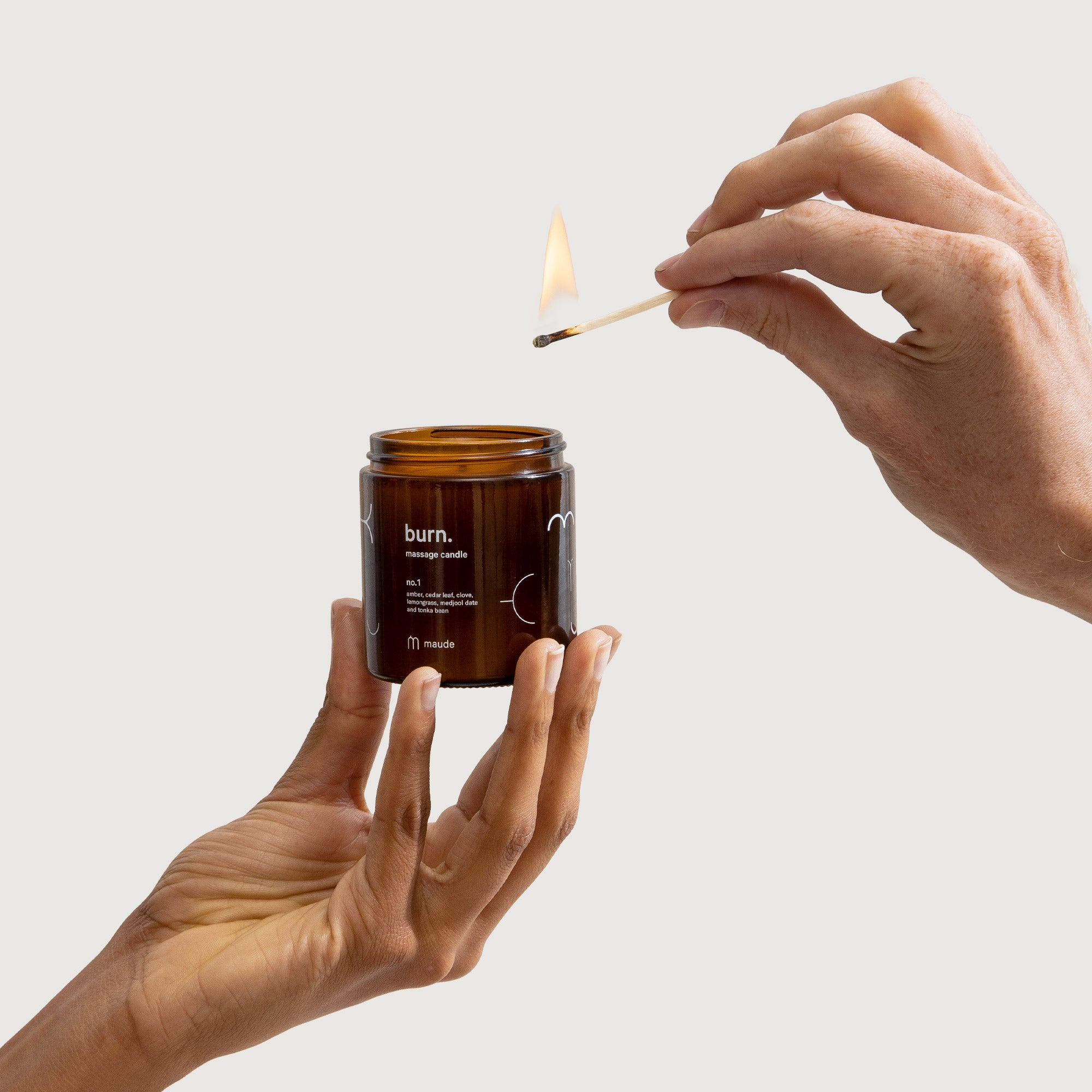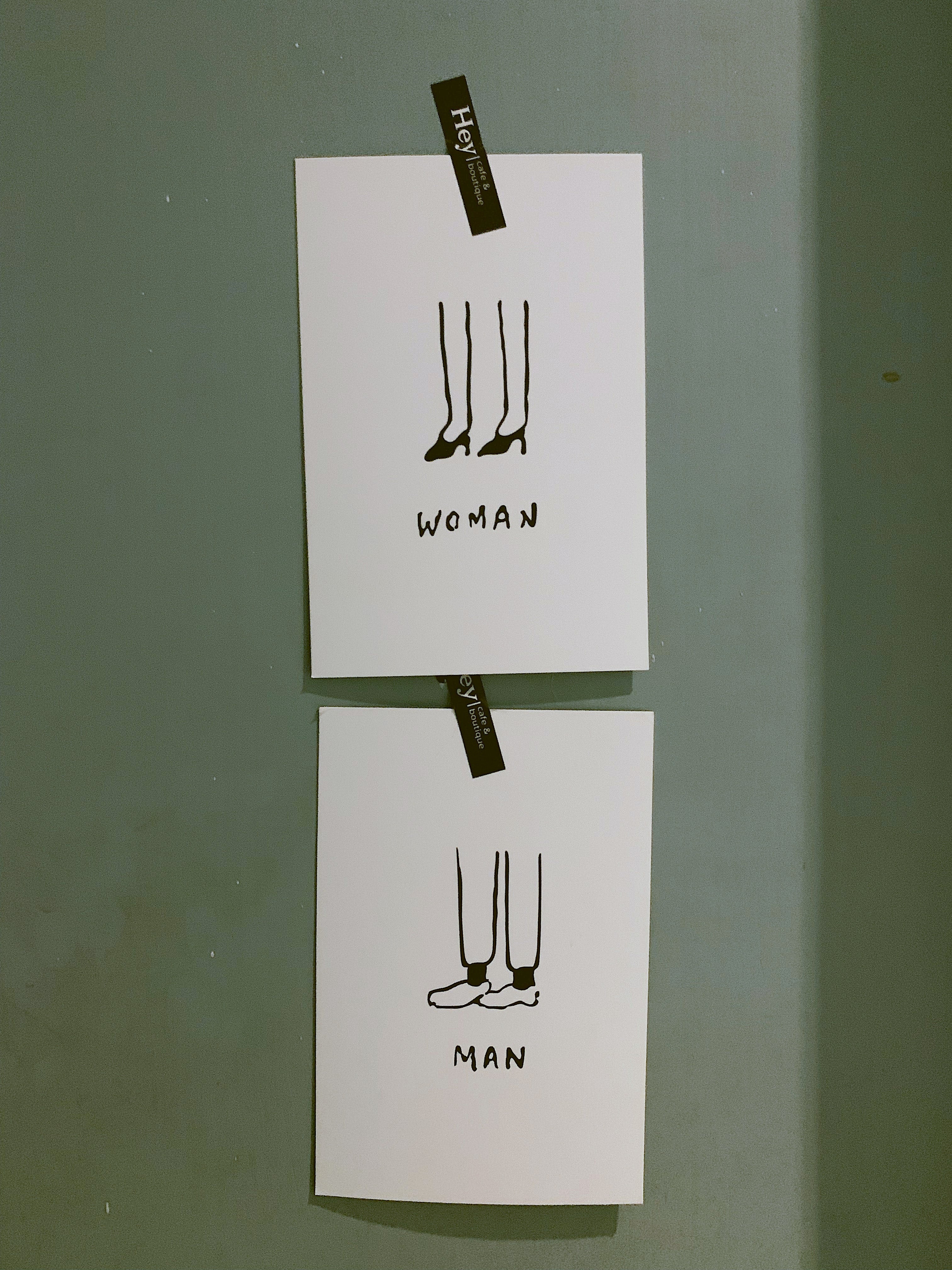Who invented the word 'sex'?

The etymology of getting it on.
Eons before Salt-N-Pepa recorded their boundary-pushing hit, humans have been talking about sex—but the ways we’ve done so have invariably shifted over time. From the Biblical sense of 'knowing someone' to more modern synonyms for sex (anyone care to do the devil’s dance?), our language around intimacy has shifted just as the taboos around it have, too.
Early origins
According to the Oxford English Dictionary, the word “sex” itself stems from Old French, with an origin around 1200. At that time, the word simply referred to genitals. It wasn’t until the mid-19th century when it was first used to refer to the act of intercourse, and this usage became more popular in the earlier 20th century. So how did we refer to the act before then?
Latin roots
Well, around 1300, the word “fornication” arose, also from Old French’s “fornicacion,” which has the Latin root “fornix,” which means “arch.” So the story goes: prostitutes in ancient Rome hung out under vaulted ceilings, which gave this seemingly standard architectural word a risqué connotation—and this root is also why the word fornication is strictly used to refer to two people who are not married to one another.
Biblical sense
While the Bible’s use of “knowing” seems to stretch long across time, this word usage originates around 1200, from translations of Genesis in the Old Testament: Adam knew his wife, Eve. And now, centuries later, we use this euphemism cheekily, adding “in the biblical sense” as a tag on to a passing remark.
The f-word
It might come as a surprise that the seemingly most modern way we refer to coitus—good old “fuck”—has a centuries-long history, too. According to Dictionary.com, this word was first recorded in a dictionary in 1598, and has Old Germanic roots in the word ficken or fucken—which means to “strike or penetrate” and Latin roots in words that translate roughly “to prick or puncture.” The word was relatively common at its origin, but by the 18th century, came to be considered vulgar, and it was even banned from the Oxford English Dictionary. In 1960, in both the United Kingdom and the United States, the word started to lose at least a little bit of its taboo, thanks to the often-banned novel Lady Chatterley’s Lover by D.H. Lawrence, which uses the word frequently enough that its publishers had to go to court to have it ruled fair for publication.
Shakespeare's innuendos
Over time, there are countless other words we’ve used to describe getting it on, from Shakespeare’s countless innuendos (stabbed, fubbed off), to 1650’s development of the word “come,” which has been used cheekily pretty much ever since. If one thing’s clear from history, no single word can ever seem to do the act justice.





